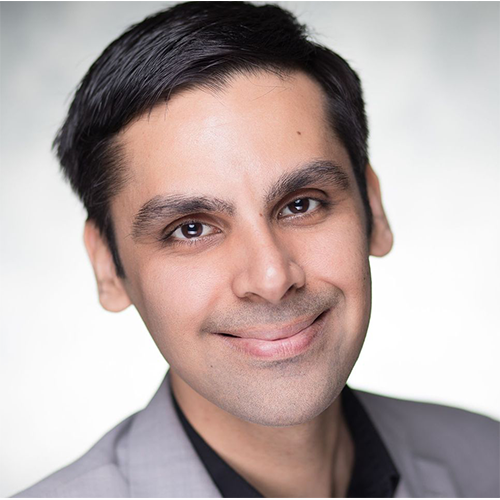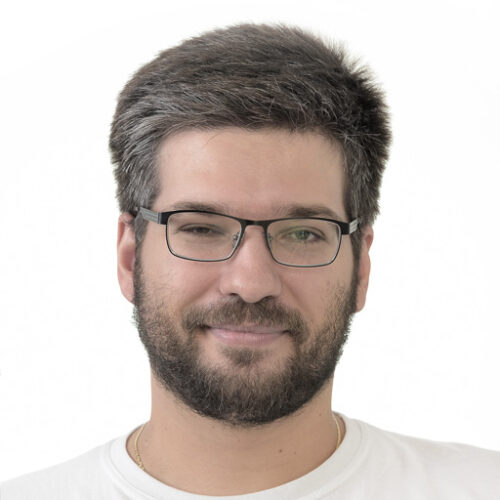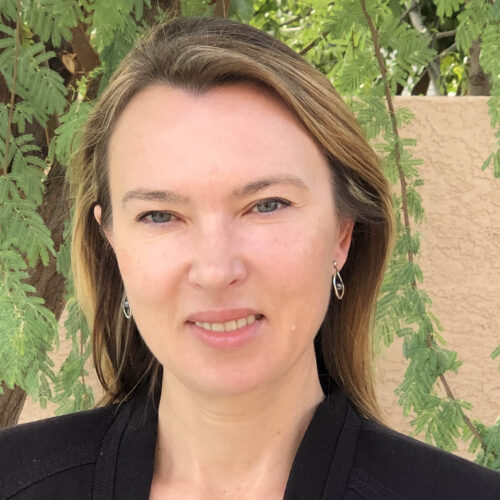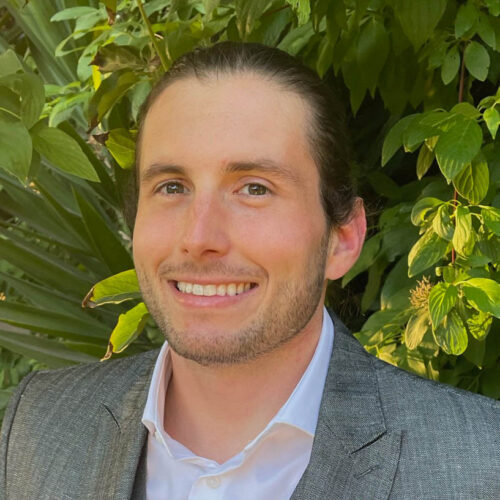GeoAct is an earth observation consultancy specialized in the promotion, exploitation and adoption of geo information and innovative intelligent technologies. Headquartered in California, US, the company offers independent services in the main areas of computational and data sciences, remote sensing and geoformation technologies to address environmental challenges facing citizens, governments, natural resources managers and decision makers.
GeoAct is actively combining the physical and earth systems knowledge with new breakthroughs in machine learning and data mining; the outcome are ideas and proposals to address sustainable development goals. GeoAct coordinates and integrates state-of-the-art Earth Observation activities globally to develop links and initiatives towards achieving the sustainable development goals (SDGs).
Read More




